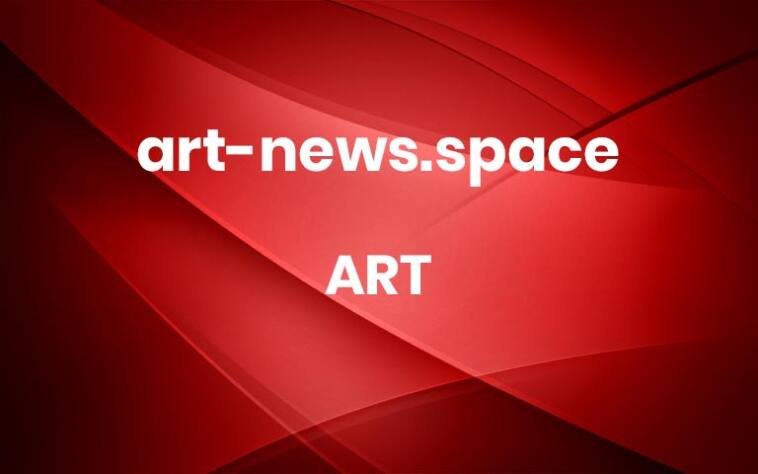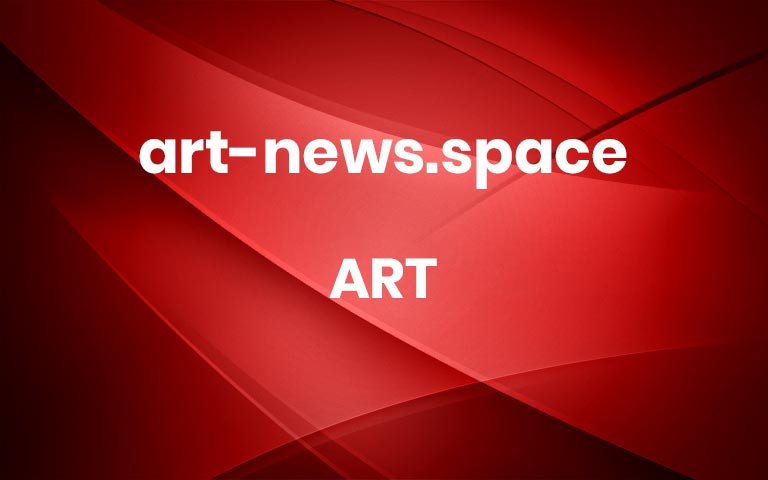Detroit’s Heidelberg Project in Wisconsin? Tyree Guyton Transports His Magic
‘Heidelbergology: Is It Art Now?’ installation
view (2025). All images courtesy of the artist and the John Michael Kohler Arts Center, shared with permission
Detroit’s Heidelberg Project in Wisconsin? Tyree Guyton Transports His Magic
September 29, 2025
Art
Grace Ebert
Share
Pin
Bookmark
If you were to have visited the 3600 Block of Heidelberg Street in Detroit around 1986, you would have likely encountered a young artist beginning the project of a lifetime. Found object assemblages and painted patterns were quickly transforming a neighborhood that had experienced mass disinvestment, turning grassy lots and abandoned homes into an enclave of creativity.
Soon, an immersive, vernacular art environment emerged and was at once an amalgamation of everyday materials and what seemed to be a mystical translation from another realm. The creator behind the sprawling installation—which continues today—is artist Tyree Guyton, who dubbed what would become his most famous work in his home neighborhood of McDougall Hunt, The Heidelberg Project.
Site view of ‘The Heidelberg Project’ (1986–ongoing)
Spanning nearly four decades and several blocks, the ever-evolving environment has become a destination for tourists and locals alike as Guyton’s spiritual philosophies reach every inch of the property. There’s the iconic polka-dot house, another covered in long paintings of shoes, a collection of portraits on car hoods, and countless sculptures and assemblages that seem to take on a life of their own. Because the works are exposed to the elements, maintenance and upcycling occur regularly at the project, as the artist adds to an existing piece or transforms materials anew.
Several of Guyton’s standalone works are on view at the John Michael Kohler Arts Center in Sheboygan, Wisconsin. A large-scale presentation of the artist’s decades-long outdoor and studio projects, Heidelbergology: Is It Art Now? is rooted in what the museum describes as “the study of discarded material incorporated into the fabric and structure of a community and the effects on the community.”
Guyton, on the other hand, is much more abstract, offering the following in a phone conversation from Detroit. “That’s what this show is about, magic. Two plus two equals eight, Heidelbergology…There are people there that have not been here, and I came there to give them a reason to come. It’s an invitation.”
While exhibiting in a traditional white-cube gallery space, Guyton brings his community focus to Sheboygan. He invited locals to paint his beloved polka dots on the walls, providing a vivid and expressive backdrop for his expansive works. Looming in the entrance is Guyton’s version of Noah’s Ark, composed of crowd-sourced stuffed animals and children’s toys piled high atop a painted fishing boat.
“Auto World” (1998), mixed media and paint
Guyton makes an explicit connection to the divine—and Yahweh, in particular—throughout the exhibition and his work, more broadly. He considers The Heidelberg Project to be both a mirror to society and also a conduit to a higher power, one whose messages he translates and shares with anyone who might encounter the work.
“What I see happening in the world? I put it on those TV sets, put it in a museum, turn it into works of art, to give it back to the public and to say to them, look at what’s happening,” he says. “Like, can we see it? I see it through me.”
The exhibition also nods to the artist’s own history and his grandfather, Sam Mackey, who first introduced Guyton to art as a child. A collection of Mackey’s drawings made at the end of his life is suspended in a house-shaped structure at the center of the museum. These familial works aren’t typically on view in Detroit and offer special, often-unseen insight into the artist’s background.
As Guyton and the project’s team prepare for the future, they intend to transfer The Heidelberg Project to the community, who they hope will steward the enormous effort and further invest in the neighborhood. “I’m here to do something that when I die, it’s going to live on,” the artist says. “I believe that what I have done here is so philosophical, it’s teaching me, and I love making mistakes.”
Site view of ‘The Heidelberg Project’ (1986–ongoing)
While hoping to secure support for the project, Guyton isn’t precious about his work and easily embraces change. When the exhibition in Sheboygan wraps, for example, the sculptures and paintings that have been so meticulously cared for in a museum setting will be returned outdoors, although they might find themselves in a new spot if the artist filled the previous location with something new.
In this way, The Heidelberg Project is always in motion, presenting new messages for Guyton to learn and share through a graffiti-covered television set or a collaged work on panel. When asked how he feels a piece is complete, he answers clearly: “My work is finished when I’m dead.”
See Heidelbergology: Is It Art Now? through February 15, 2026. And while you’re in the area, be sure to check out the truly impeccable environments at the Art Preserve just a few miles away. You can find more about the project on the website and Instagram.
‘Heidelbergology: Is It Art Now?’ installation view (2025)
‘Heidelbergology: Is It Art Now?’ installation view (2025)
‘Heidelbergology: Is It Art Now?’ installation view (2025)
Site view of ‘The Heidelberg Project’ (1986–ongoing)
Site view of ‘The Heidelberg Project’ (1986–ongoing)
Site view of ‘The Heidelberg Project’ (1986–ongoing)
Do stories and artists like this matter to you? Become a Colossal Member now, and support independent arts publishing.
Hide advertising
Save your favorite articles
Get 15% off in the Colossal Shop
Receive members-only newsletter
Give 1% for art supplies in K-12 classrooms
Join us today!
$7/month
$75/year
Explore membership options
Previous articleNext article More



